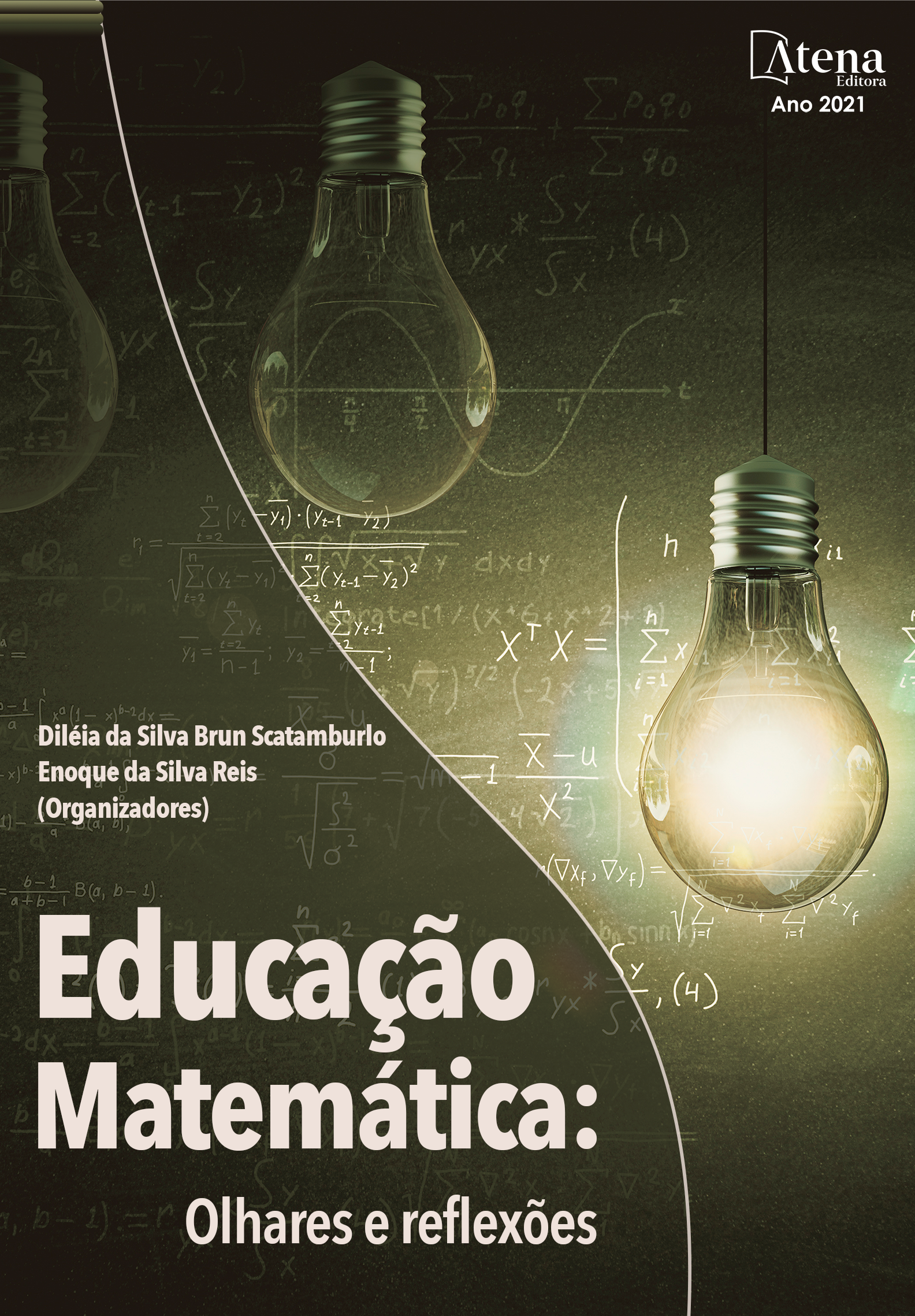
INCLUSÃO EM TEMPOS DE PANDEMIA: O PROCESSO DE ALFABETIZAÇÃO E AS DEFASAGENS OCASIONADAS PELO ENSINO REMOTO NA REDE PÚBLICA
O presente estudo tem como objetivo geral analisar a inclusão na perspectiva metodológica em tempos de pandemia, tendo como foco o processo de alfabetização e as possíveis defasagens ocasionadas pelo ensino remoto na rede pública. Para alcançar isso, o presente trabalho buscou responder os seguintes questionamentos: Como a inclusão faz parte do planejamento metodológico nas aulas remotas? Como o processo de alfabetização foi conduzido no período de pandemia na rede pública? Para tal, os procedimentos metodológicos se concentraram em pesquisas bibliográficas para embasar teoricamente os argumentos apresentados. Com base nas discussões realizadas foi possível perceber a relevância da inclusão real e verdadeira no contexto escolar; essa que não se restringe a incluir grupos específicos, mas, sim, todos os estudantes. Além disso, ao analisar o contexto educacional brasileiro em pandemia, notou-se que a inclusão se relaciona com esse cenário de duas formas: a inclusão digital (acesso de qualidade às aulas remotas) e a inclusão metodológica (adaptação nos planejamentos e nas metodologias utilizadas no ensino remoto, priorizando as aprendizagens essenciais). Além disso, o estudo também proporcionou uma reflexão acerca da importância do processo de alfabetização para toda a educação básica e, principalmente, para a vivência em sociedade. Entretanto, infelizmente chegou-se à conclusão que o processo de alfabetização na rede pública e no ensino remoto não está ocorrendo da melhor forma, sendo algo preocupante para o futuro.
INCLUSÃO EM TEMPOS DE PANDEMIA: O PROCESSO DE ALFABETIZAÇÃO E AS DEFASAGENS OCASIONADAS PELO ENSINO REMOTO NA REDE PÚBLICA
-
DOI: 10.22533/at.ed.9002104084
-
Palavras-chave: COVID-19; Educação Inclusiva; Tecnologia; Aulas Remotas; Ensino e Aprendizagem.
-
Keywords: COVID-19; Inclusive Education; Technology; Remote Classes; Teaching and Learning.
-
Abstract:
The present study aims to analyze the inclusion in the methodological perspective in times of pandemic, focusing on the literacy process and the possible lags caused by remote education in the public network. To achieve this, the present study sought to answer the following questions: How is inclusion part of methodological planning in remote classes? How was the literacy process conducted in the period of pandemic in the public network? For this, the methodological procedures focused on bibliographic research to theoretically base the arguments presented. Based on the discussions carried out, it was possible to perceive the relevance of real and true inclusion in the school context, which is not limited to including specific groups, but all students. In addition, when analyzing the Brazilian educational context in pandemic, it was noted that the inclusion relates to this scenario in two ways: digital inclusion (quality access to remote classes) and methodological inclusion (adaptation in planning and methodologies used in remote education, prioritizing essential learning). In addition, the study also provided a reflection on the importance of the literacy process for all basic education and, mainly, for living in society. However, unfortunately it was concluded that the process of literacy in the public network and in remote education is not happening in the best way, being something worrying for the future.
-
Número de páginas: 14
- José Carlos de Almeida
- Hailton César Alves dos Reis
- Diléia da Silva Brun Scatamburlo


